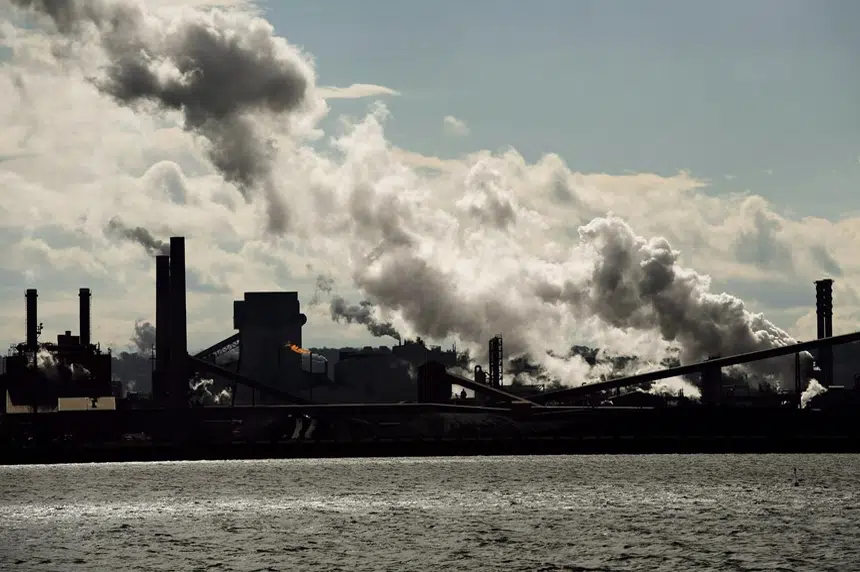While the Government of Saskatchewan lost in its court challenge against the federal carbon tax, a University of Saskatchewan professor specializing in constitutional law says the judgment still breathes some life into the province’s case.
Prof. Dwight Newman joined Gormley on Monday morning from Oxford University in the United Kingdom, where he is serving as a visiting scholar.
He said the fact that the province’s Court of Appeal came back with a narrow 3-2 decision in Ottawa’s favour shows the case was far from open and shut.
“The fact that it’s such a narrowly split court says there’s a real constitutional issue there,” Newman said, noting that was a contrast with much of the expert commentary seen before the challenge went to court, with many claiming the province had no case whatsoever.
Newman said it was also interesting to note that the three judges who sided with the federal government actually relied on arguments put forward by the Government of British Columbia as an intervenor in the case.
He said those arguments created a much narrower set of constraints on Ottawa’s powers than was sought by federal lawyers.
“The judges did find in favour of British Columbia’s approach that said the federal government could have the authority to create, essentially, a minimum price for carbon emissions,” Newman said, noting that the feds’ initial written arguments had called for Ottawa to have the broad authority to regulate greenhouse gases generally.
Overall, Newman said the split decision likely meant the case would go to the Supreme Court of Canada. However, he said the process would likely take years.







